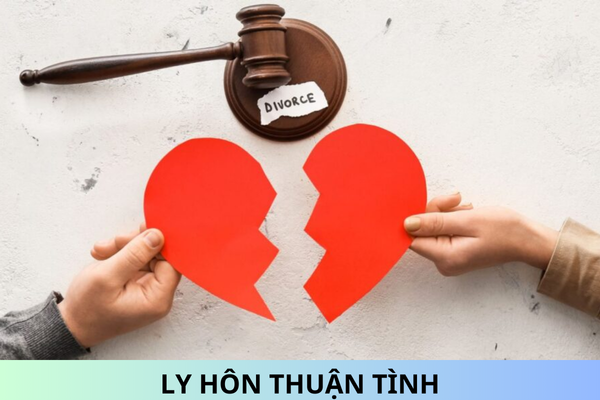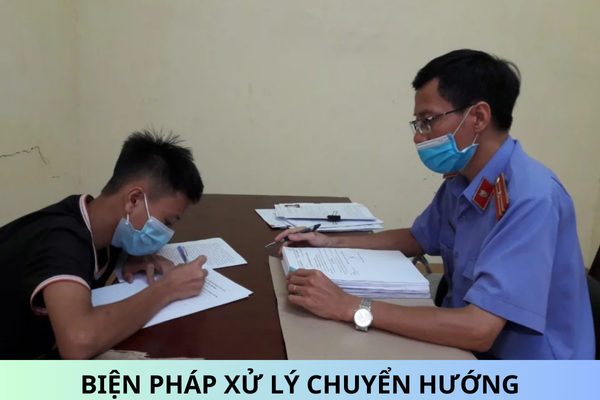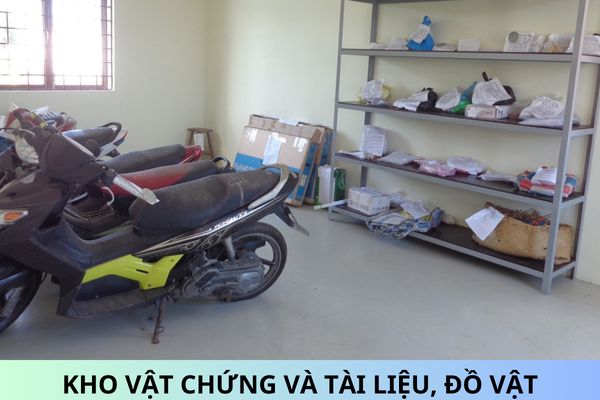What are regulations on dispute settlement over jurisdiction in civil proceedings in Vietnam?
What are regulations on dispute settlement over jurisdiction in civil proceedings in Vietnam? What are regulations on right of involved parties to agree to settle civil cases on their own in Vietnam? If there is no applicable law, can the court refuse to settle a civil case in Vietnam?
What are regulations on dispute settlement over jurisdiction in civil proceedings in Vietnam?
The transfer of civil cases to another Court; What are regulations on dispute settlement over jurisdiction in civil proceedings? Hello, my name is Chi Hoang. I have a question that I would like to ask you to help me answer. Specifically, please ask: Currently, the transfer of the civil case to another Court; What are regulations on dispute settlement over jurisdiction in civil proceedings? Which legal document regulates this issue? Hope to hear from you soon. I sincerely thank!
Reply:
Currently, the transfer of civil cases to another Court; transferring civil cases to other courts; settlement of disputes over jurisdiction is specified in Article 41 of the Civil Procedure Code 2015 with the following contents:
1. If a Court has accepted a civil case which does not fall within its jurisdiction, it shall issue a decision to transfer the civil cases dossier to a competent Court and cross out the civil cases in its acceptance book. Such decision must be immediately sent to the Procuracy all involved parties and relevant agencies, organizations and individuals.
The involved parties and relevant agencies, organizations and individuals may make complaints, the Procuracy may submit recommendation for such decision within 03 working days from the day on which the decision is received. Within 03 working days from the day on which the complaint or the recommendation is received, the Chief Justice of the Court that issued the decision to transfer the civil cases must resolve the complaint/recommendation. The decision of the Chief Justice shall be the final decision.
2. Disputes over the jurisdiction of People’s Court of districts in the same province shall be settled by the Chief Justice of the People’s Court of province.
3. Any dispute over the jurisdiction between People's Courts of districts of different provinces or between People's Courts of provinces that falls under the territorial jurisdiction of the Collegial People’s Court shall be settled by the Chief Justice of the High People's Court.
4. Any dispute over the jurisdiction between People's Courts of districts of different provinces or between People's Courts of provinces that falls under the territorial jurisdiction of different Collegial People’s Courts shall be settled by the Chief Justice of the Supreme People's Court.
The above is the response to the transfer of the civil case to another Court; settlement of disputes over jurisdiction in civil proceedings in Vietnam. You can find out more information about this at the Civil Procedure Code 2015.

What are regulations on right of involved parties to agree to settle civil cases on their own in Vietnam?
What are regulations on right of involved parties to agree to settle civil cases on their own? Looking forward to consulting. Sincere thanks!
Reply:
Stemming from the nature of civil, marriage and family, business, commercial and labor relations, the involved parties have the right to negotiate and agree with each other to resolve disputes at any stage. of the proceedings and the Court respects the lawful agreement of the parties.
The right to self-determination of the involved parties is reflected in the mediation process. The court conducts conciliation, creating conditions for the parties to reach an agreement to settle the case. The basis of the mediation is the right to self-determination of the involved parties, Clause 2, Article 205 of the Civil Procedure Code 2015 stipulates principle for conducting mediation: Respect for the voluntary agreement of the involved parties, non-use of force or non-threat to use force to compel the involved parties to reach agreements against their will
The right to self-determination of the involved parties is also reflected in the right to reach agreement, negotiate and settle with each other on issues to be resolved in the case after the Court has accepted it. In this case, the involved parties reach an agreement among themselves to resolve the case, this agreement can be made at any time during the proceedings. Before opening the first-instance court hearing, if the involved parties can reach agreement on the settlement of the case and do not request the court to continue the settlement, the court shall issue a decision to terminate the settlement of the case. At the first-instance court hearing, if the involved parties can reach agreement on the settlement of the case and their agreement is voluntary and not against social ethics, the Trial Council shall issue a decision to recognize the agreement. of the litigants.
If at the appellate court session the involved parties can reach agreement on the matter to be resolved in the case, their agreement is voluntary, not contrary to law and social ethics, the appellate trial panel issue an appellate judgment to amend the first-instance judgment and recognize the agreement of the involved parties.
The above is a provision on the right of involved parties to reach an agreement to settle civil cases by themselves. You should refer to the Civil Procedure Code 2015 for details to understand this provision.
If there is no applicable law, can the court refuse to settle a civil case in Vietnam?
I have a question as follows: Can the court refuse to settle a civil case because there is no applicable law? And what is civil case without applicable law provisions? I hope you will reply to me. Thank you!
Reply:
The content you ask about is related to the right to request the court to protect legitimate rights and interests as prescribed in the Civil Procedure Code 2015 (effective from July 1, 2016).
According to this regulation, a civil case without applicable law provisions is a civil case falling within the governing scope of civil laws but there is no applicable law provision at the time such civil case arises and an agency/organization/individual requests the Court to settle.
Basically, the Courts must not refuse to settle a civil case for the reason that there is no applicable law provision for such case.
The settlement of civil case specified in this clause shall comply with the principles prescribed in the Civil Code and this Code. (Article 4 Civil Procedure Code 2015)
The above is the reply on the right to request the Court to protect the legitimate rights and interests specified in the 2015 Civil Procedure Code. Please refer to this document for understanding.
Best regards!










